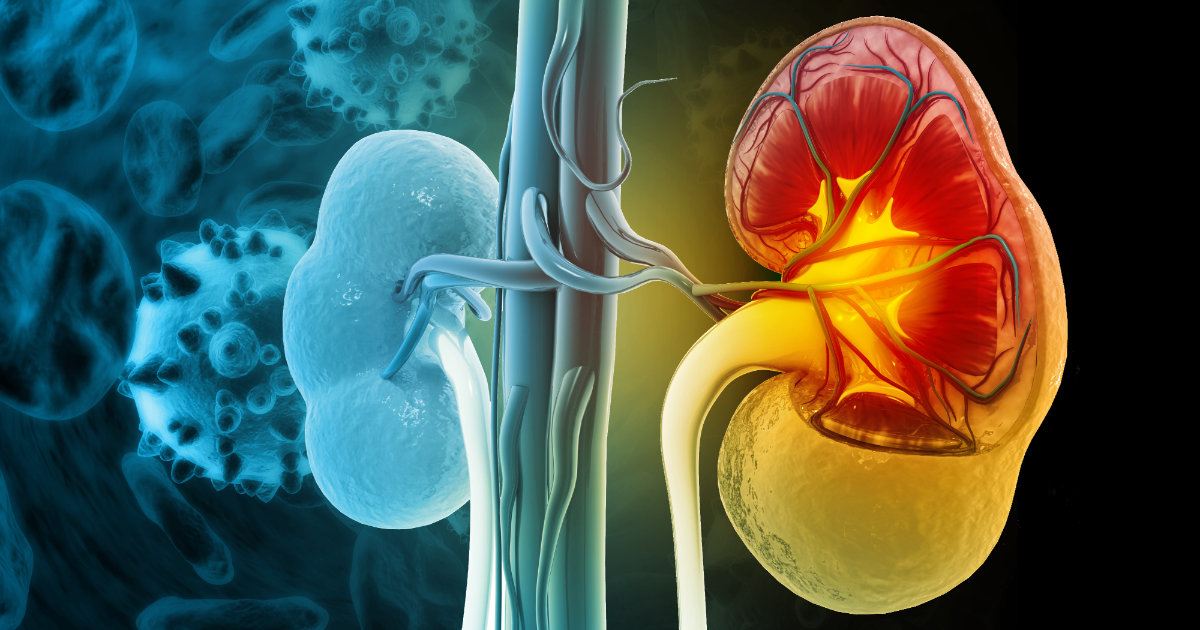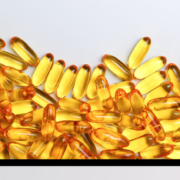Research Update: Omega-3s and Chronic Kidney Disease
Two recently published articles examined the link between omega-3 fatty acids from fish and two conditions; let’s begin with a study on fish consumption and chronic kidney disease (CKD). By definition, CKD is the loss of kidney function over time. The kidneys are the major blood filtering system, so continued decline can impact the entire body.
Researchers selected 19 studies from 12 countries to perform a meta-analysis. The key variables were measurement of omega-3 fatty acid levels and types—EPA, DHA, and DPA from seafood, plus ALA from plant sources—together with the estimated glomerular filtration rate (eGFR). The researchers identified 25,570 participants that met the criteria and were included in the analysis.
Over a median of 11.3 years of follow-up, 4,944 (19.3%) developed CKD. Higher levels of total seafood omega-3s were associated with a lower CKD risk. In comparing categories of omega-3 levels, subjects with total seafood omega-3 level in the highest quintile had a 13% lower risk of developing CKD compared with those in the lowest quintile. The association appeared consistent across subgroups by age, eGFR, and diagnosis of hypertension, diabetes, and coronary heart disease at baseline.
While this was an observational study, there appeared to be an inverse relationship between blood levels of omega-3s from seafood sources and the development of CKD. Do we know if this included supplementation with omega-3s? That wasn’t assessed in this study. We’ll look at another recent study on omega-3s on Saturday and ask the big question.
What are you prepared to do today?
Dr. Chet
Reference: BMJ 2023;380:e072909. doi: 10.1136/bmj-2022-0729092









